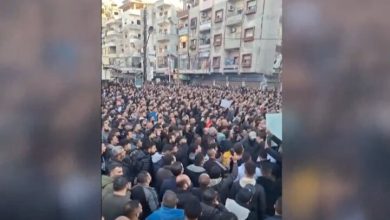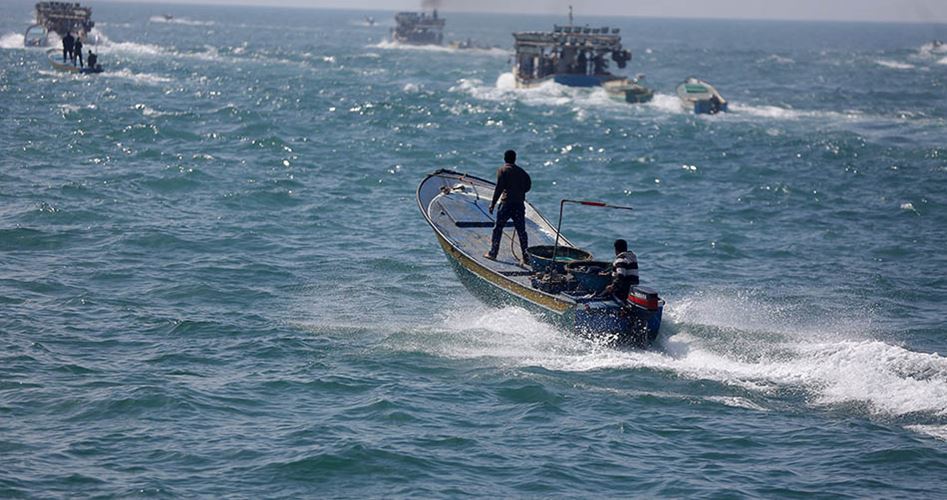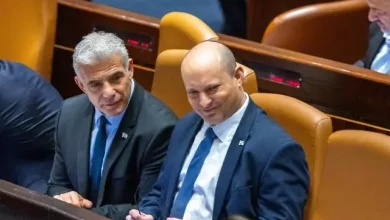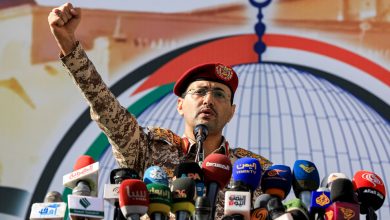New Government takes the constitutional oath; President al-Assad chairs a meeting for the Cabinet

Damascus, SANA -President Bashar al-Assad on Tuesday chaired an instructive meeting for the new cabinet after the Ministers took the constitutional oath before him.
Following are the most significant points of President al-Assad’s directive speech;
I hope that the new government will meet the high aspirations of the Syrian citizens. Amendment or change is not a goal in itself, but rather a tool and a new opportunity for renewal and development.
President al-Assad: You begin your work today during very difficult circumstances, and it is normal that the first goal of any public institution is to begin to alleviate the burden of circumstances on the citizen.The first step to facilitate the path for any government is not to raise expectations above what is possible… not to make promises that are not implementable, otherwise, the result is more criticism and harsh criticism for the official.
President al-Assad: For a citizen who has a reference…the reference is what we announce in the ministerial statement…in the statements, in the policies announced, in any form of declaration…the citizen’s reference is what we say and what we promise.
President al-Assad: So, the first way to facilitate the work of the Cabinet during those difficult circumstances is that the new government to be a government of reality, not a government of dreams, this is reflected in the ministerial statement… starting with a transparent and realistic ministerial statement that bases its policies and plans on facts, that is, in short, it is a statement of the possible, not a statement of what is hoped for.
In this context, we must clearly explain the policies, the overall general policies… explain the sectoral policies… explain the ministerial policies… explain the objective reasons, motives, obstacles and challenges that push towards those policies or that sometimes impose those policies on us.
President al-Assad: We have to explain what are the expected results or added value of these policies… and in return, what is the price we will pay if we do not follow these policies..
We are suffering from weakness in sectoral policies, given that most of the issues, topics, and titles are titles linked to more than one ministry at the same time. Here lies our major weakness; How do we plan and define a sectoral policy… How do we establish appropriate mechanisms to implement and lead it… Form a sectoral team… Here lies the weak point.
President al-Assad: Coordination between institutions is through policies. When policies are not coordinated, the team cannot coordinate. These policies and the various mechanisms that I mentioned give rise to clear working mechanisms. Here the link is between weak mechanisms and non-existent or weak sector policies in general.
So, we must rely on ourselves and we must be able to make policies capable of managing resources effectively. Then we will see the results. Therefore, I say that sometimes the problem is not the lack of resources, but sometimes a misdistribution of resources among sectors of society and on Citizens.
President Assad: I will mention a number of essential points, yet I will never talk about any ministry, such Basic Law on State Employees which was issued about four decades ago and was appropriate for that stage, but the world has changed today, and sectors have become so different and no longer similar in most aspects.
President al-Assad: Can we develop the country with one law instead of several specialized laws for each sector? Can we, with this law, talk about developing the state without being able to maintain what remains of good cadres? I think that is incorrect and not possible.
President Assad: The technical aspect is an important one which was started in Syria more than a year ago, but there is another point, we must think of this sector as an investment sector, especially since the raw materials for this sector are primarily talented minds, therefore it cannot be besieged and it is the future for generations, as we see it.
President Assad: Decentralization does not begin with distributing powers to municipalities or directorates in the governorates, because when we do that, if there is a problem then we transfer this problem to the rest of regions, so we must change the concept of decentralization to the concept of developing institutions first, and then move to the idea of transferring powers.
President Assad: The administrative reform, as a state policy and not a ministry policy, was issued over seven years and considering the experience is so limited, it is natural it is full of loopholes, therefore, we must review this project, where were we? Where have we reached? We will review the project again at the government level and present proposals on how we can develop.
President al-Assad: The main title now these days must be how we can support our brothers in Lebanon in all fields and all sectors without hesitation in light of Israeli fierce attack on Lebanese territory.
English Bulletin







